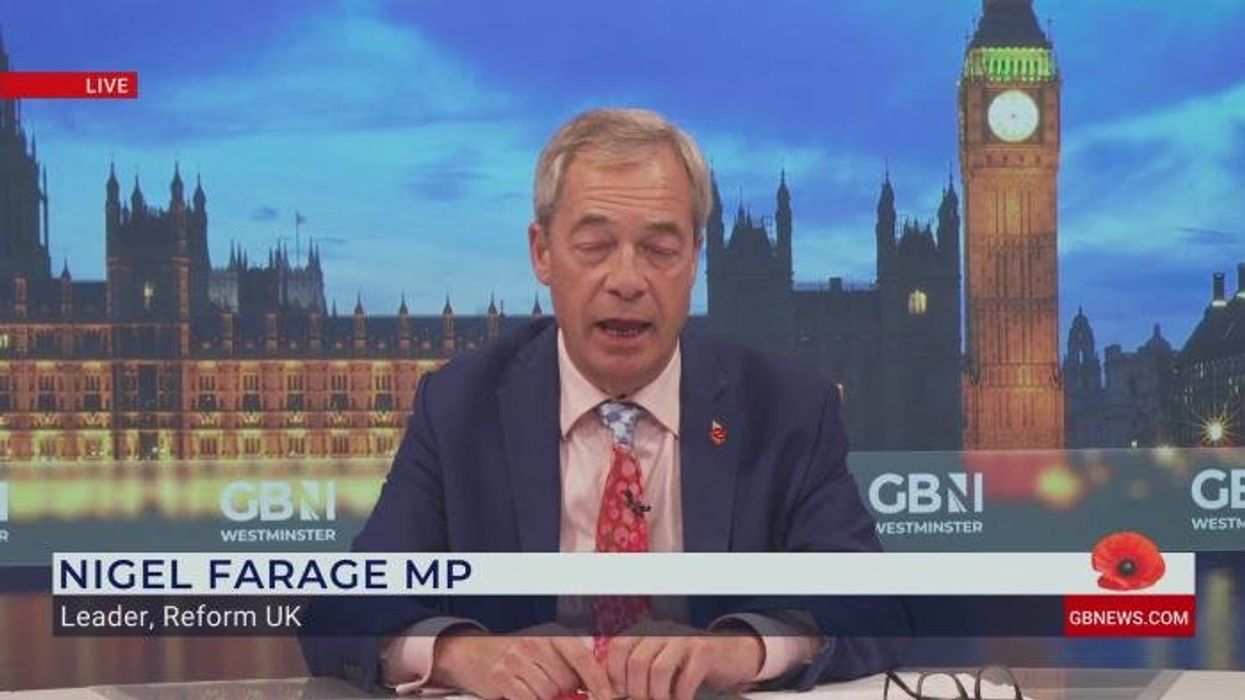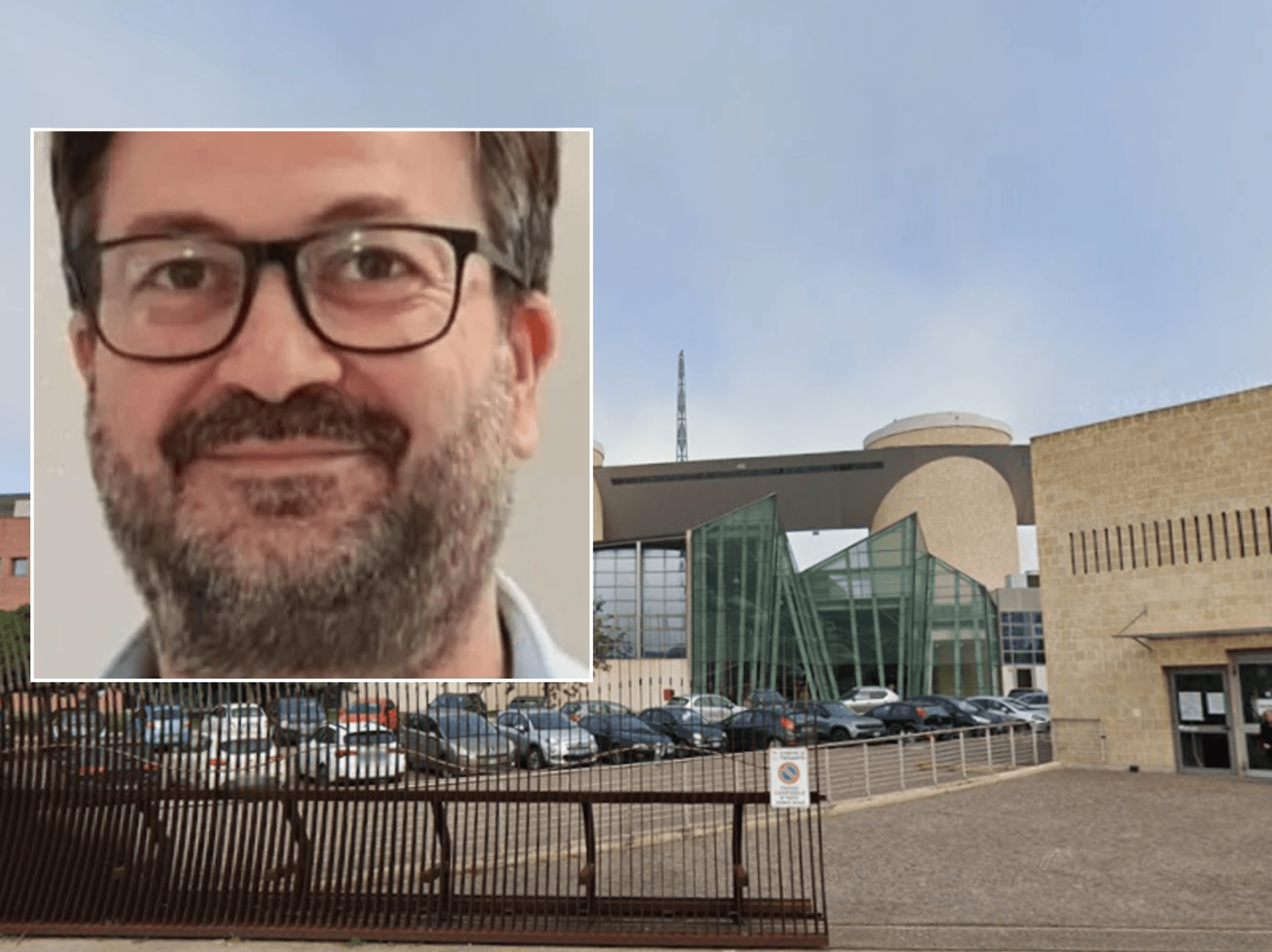Grooming gangs in Glasgow will escape scot-free without investigation - Charlie Peters

GB NEWS

Charlie Peters explains why cases in Scotland might be overlooked
Don't Miss
Most Read
Trending on GB News
Taylor’s story is among the most shocking I’ve ever encountered.
Plied with Class A drugs such as crack cocaine and bottles of hard spirits, the young teenage girl was drawn into a vortex of exploitation and abuse.
She was living in a care home at the time.
The number of women who were abused by grooming gangs while they were living “in care” has turned it into one of the worst misnomers in our language.
There was no care in Taylor’s case, more an absence of oversight and responsibility.
Details in her social care records, obtained by subject access request and seen exclusively by GB News, reveal obvious indicators of grooming and exploitation.
She was returning to the care home late, often going missing, and returning intoxicated.
And at one point, the police visited the unit because Taylor’s name had appeared in a sexual exploitation investigation, but the police failed to interview her.
The records also revealed a shocking section where Taylor believes that the authority censored out a reference to the Pakistani men who were abusing her.
Taylor has spoken out amid a political debate in Scotland about whether the country needs its own grooming inquiry, mirroring the measures taken by Sir Keir Starmer in England and Wales.
The PM launched that probe after Baroness Casey’s rapid audit found a horrifying failure to confront the crisis.
But now the Scottish Government is resisting even a replica of Casey’s review, let alone a public inquiry.
LATEST DEVELOPMENTS
A Tory amendment to force further investigation was rejected in September, with the SNP-led Scottish Government arguing that the patterns of offending that existed in England were not found in Scotland.
Taylor’s account disproves that claim. So do the experiences of other survivors, such as Bradford victim Fiona Goddard, who says she was trafficked to Glasgow.
There are doubtless many others.
Police Scotland has insisted that its National Child Abuse Investigation Unit works tirelessly to prevent children becoming victims and that the force uses all means at its disposal to track down offenders and ensure they are brought to justice.
I have no doubt that detectives in the force are focused on tackling these horrors, wherever they lie.
The force recently took down a horrendous grooming gang in Dundee and is under no illusions that others will follow.
But FOI data has also shown that Police Scotland lacks markers for gang or group-based abuse.
To destroy a target, you first need to find it and understand it.
Scotland’s grooming gangs are likely escaping prosecution because the authorities are not even recognising the patterns in their analysis and data.
“If we can’t even identify grooming gang patterns, how can we dismantle them?” asked independent MSP Ash Regan in Holyrood recently.
Her concern is shared across the political spectrum, with Reform, Tory, and Labour representatives all appearing on GB News to share their horror about how authorities are, in their view, letting abuse gangs slip the net.
We’ve seen how this crisis plays out in England and Wales.
First the government plays down the problem, then they insist that their systems and groups and authorities can tackle them, and then they concede to pressure that more investigation and focus is needed.
This is the path that afflicted the Labour government in Westminster, which accused people who demanded a grooming gangs inquiry as jumping on a bandwagon advanced by the far-right.
And then there was Lucy Powell’s horrifying ‘blow that little trumpet’ dog whistle remark.
Survivors, their families and campaigners in Scotland will be hoping that the SNP does not go down the same route.
Instead, they will want the nationalists to join the cross-party consensus that believes more has to be done to investigate and target the abuse networks across the country.
The evidence is clear: the authorities don’t know enough. The only adequate and legitimate response is thorough investigation and prompt action.










